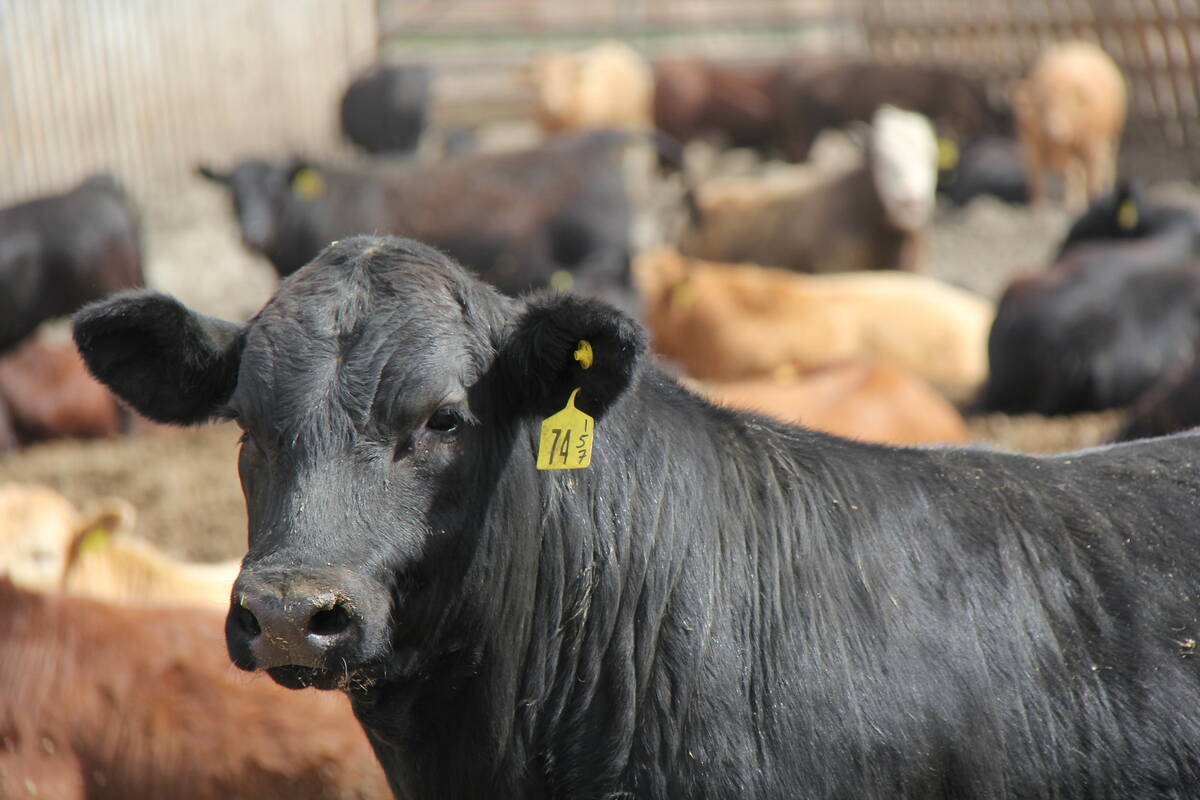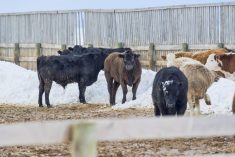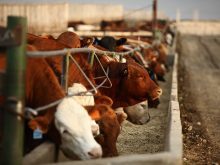British Columbia will put up over $3 million more for a program to help meat processors upgrade their facilities or become fully licensed.
The extra cash announced Tuesday raises the total funding available through the B.C. meat transition assistance program (MTAP) to $11.9 million, the province said.
“We’re investing more to help processors finish getting their facilities licensed and deal with waste disposal,” Healthy Living Minister Mary Polak said in a release.
“We’re also increasing enforcement to ensure meat going to market is safe, and consulting with farmers in remote and isolated communities to help them find solutions to provide for their local communities.”
Read Also

U.S. livestock: Cattle steady ahead of feed report
Cattle futures on the Chicago Mercantile Exchange held close to unchanged on Thursday, with the bias lower in the most…
MTAP provides funds for processors to become fully licensed or upgrade existing facilities in order to meet health and safety requirements and increase capacity.
“With MTAP funding, we’ve seen several members build up facilities that meet all the health and food safety standards and better protect customers,” said Robin Smith, president of the B.C. Food Processors Association, in the province’s release.
The association administers funding through both MTAP and the province Meat Industry Enhancement Strategy.
B.C. is one of the last jurisdictions in Canada to implement provincewide inspection and licensing, the province noted. Since B.C.’s current meat inspection regulation was announced in 2004, the government said, the number of licensed provincial meat processing operations has more than quadrupled.
That includes 35 fully licensed and inspected plants and 36 temporary Class C licensed plants serving the B.C. meat industry, the province said, plus 13 federally registered plants that can export outside B.C.
The province warned that in order to further protect public health, health authorities plan to increase enforcement and ticketing of illegal slaughter. Also, the province said, environmental health officers working in regional health authorities will now put “more emphasis on checking that meat comes from licensed facilities.”
“Five-part strategy”
To further address the “unique challenges” meat processors face, and to balance various interests while boosting food security, the province said Tuesday it plans a five-part strategy, focusing on added funding, increased enforcement, livestock tissue disposal strategies and the phasing out of Class C facilities.
The province created the transitional Class C license category in 2007 for small-scale operators to continue operating and selling at the farm gate, while they work toward full licensing.
Last June the province further amended its regulations so “very small scale producers” and processors in remote and isolated regions of B.C. could apply for a Class C license “with more ease.”
The fifth point of the province’s strategy involves setting up a consultation group involving meat producers from Powell River, Bella Coola and the Queen Charlotte Islands “to discuss challenges facing small-scale producers.”

















